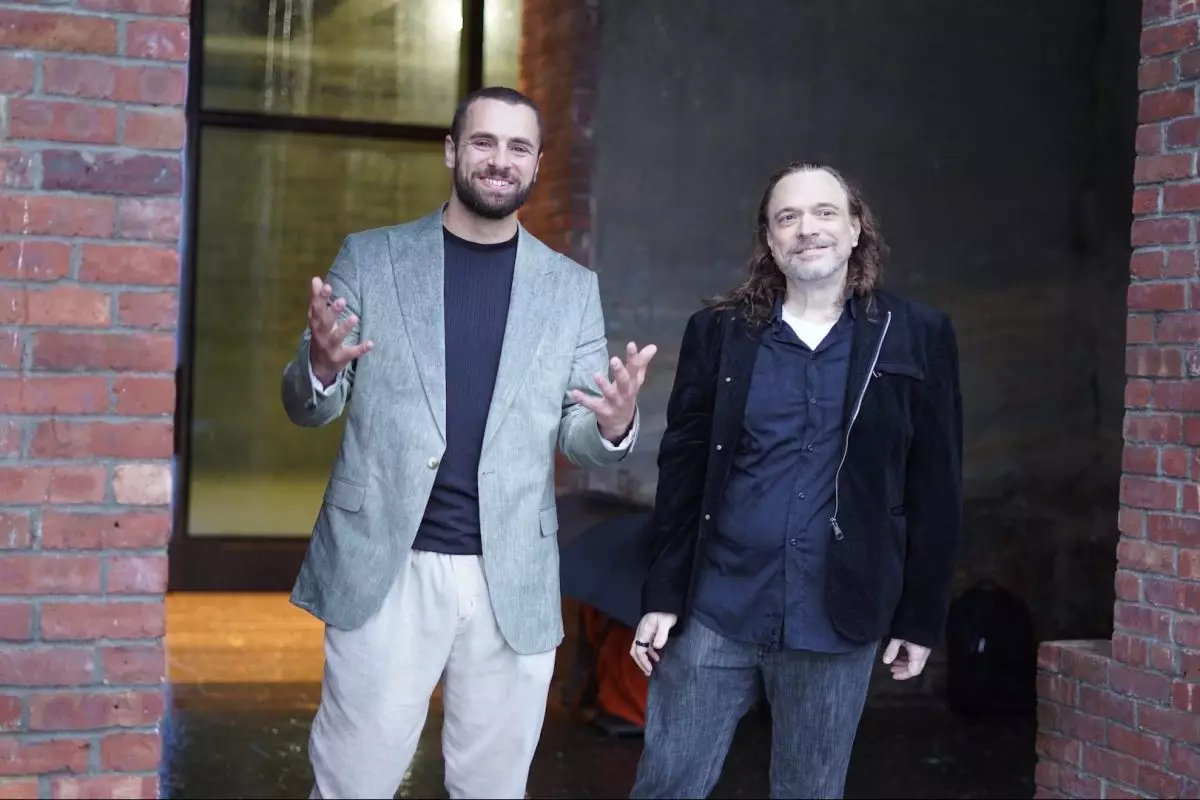In the rapidly evolving landscape of artificial intelligence, companies are constantly seeking innovative ways to leverage open-source components to enhance operational efficiencies. Today, a noteworthy startup, Cake, emerges from stealth mode with a commendable vision and substantial support from Google’s AI-focused venture fund. Launched in 2022 and headquartered in New York, Cake aims to streamline AI infrastructure for enterprises by integrating and managing a myriad of open-source tools and frameworks to alleviate engineering burdens.
At the core of Cake’s proposition is its ability to assemble over 100 diverse open-source components into a manageable, production-ready infrastructure. The company focuses on elements widely utilized in data processing, including data sources like Apache Hadoop, data pipelines such as Apache Kafka, and advanced data management tools including Lucas and Neo4j. Each of these components is essential for businesses looking to harness AI effectively, yet their integration into a cohesive system often poses significant challenges.
Cake’s branding is a clever metaphor, symbolizing the layered approach of its solution—much like a cake’s layers merge to create a single entity, Cake integrates various tools to simplify the complex AI stack. By doing so, Cake provides businesses, particularly those with limited technical resources, a robust framework that ensures their AI capabilities are both secure and scalable.
Misha Herscu, the CEO, and co-founder Skyler Thomas, CTO, bring a wealth of experience and expertise to this endeavor. Herscu’s prior success with McCoy Medical Technologies and his extensive interactions with industry players have equipped him with insights into the inefficiencies plaguing the AI infrastructure landscape. By engaging in over 200 customer discovery calls, Herscu uncovered that the real challenge wasn’t just about selecting a tool but reliably integrating various components into a cohesive system ready for production.
He refers to this intricate problem as the “big picture problem,” and it is this overarching issue that Cake intends to solve. On the other hand, Thomas’s background as a chief architect at IBM and a distinguished engineer at Hewlett Packard Enterprise lends technical depth to Cake’s offerings. His experience illustrates a critical understanding of the challenges businesses face when adopting new technologies, especially in the context of open-source tools.
Cake’s services cater primarily to small teams within larger corporations grappling with advanced AI requirements that go beyond off-the-shelf solutions. For instance, financial firms with vast databases of complex documents can employ Cake’s integration services to enhance their systems for retrieval-augmented generation, thereby improving the accuracy of natural language queries. Furthermore, hospitals requiring secure systems for health data analysis or e-commerce firms looking to upgrade recommendation engines can significantly benefit from Cake’s tailored solutions.
These varied applications highlight the versatility of Cake’s offerings. By acting as a bridge between disparate open-source tools and enterprise-level applications, Cake not only addresses complex challenges but also empowers companies to innovate without overextending their resources.
While Cake’s ambitions are commendable, the startup navigates an industry fraught with potential pitfalls. As many organizations adopt open-source software, the lack of enterprise-grade security and support becomes apparent, causing hesitation in its implementation. Cake’s dedication to providing a secure, integrated infrastructure is crucial to overcoming this skepticism.
Currently, Cake operates within company environments, assuring clients of data privacy and security—a significant concern for many organizations. However, the introduction of a hosted version could potentially enhance scalability and ease of use, particularly for organizations with fewer compliance obligations.
With an impressive $13 million raised, including $10 million from Gradient Ventures, Cake is positioned for growth. Herscu has expressed intentions for a Series A round in the near future, aiming to maintain momentum and scale operations to meet increasing demand.
Cake represents a transformative force in the AI infrastructure landscape, addressing critical gaps in open-source integration and management. With compelling use cases, a strong leadership team, and growing industry support, Cake is not merely another startup; it is a future cornerstone of AI implementation for enterprises struggling to leverage the rich ecosystem of open-source tools. As the demand for AI capabilities surges, Cake’s promise to simplify this journey could very well revolutionize how businesses operate in an increasingly data-driven world.

